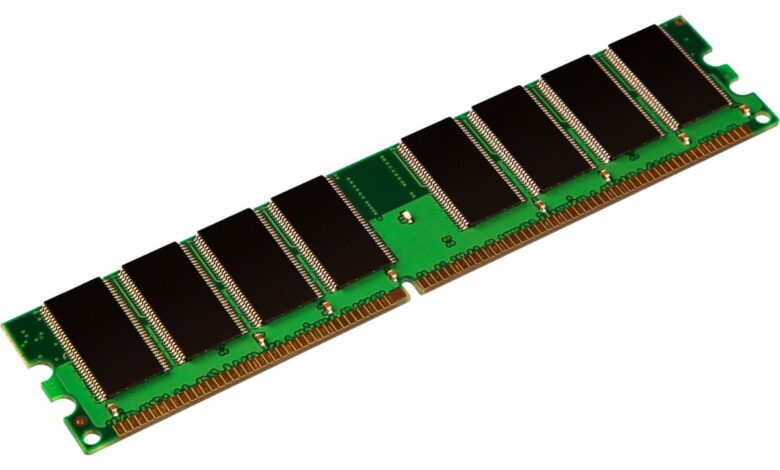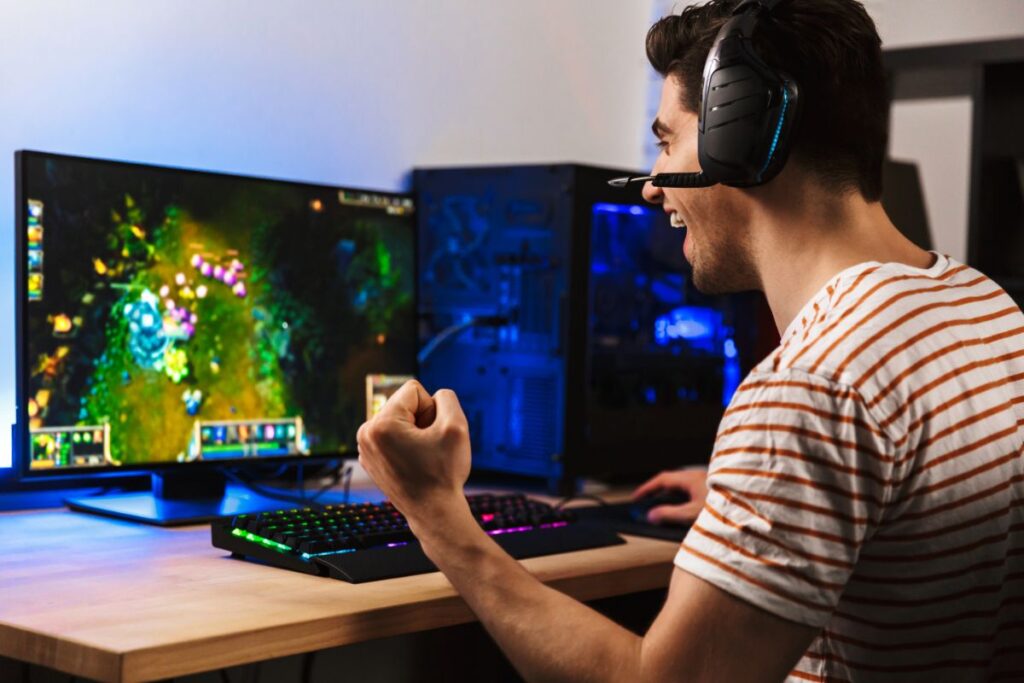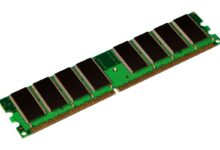What Does RAM Do for Gaming Performance?

Random Access Memory (RAM) is one of the most discussed components when building or upgrading a gaming PC. So, how much RAM do you need for gaming, and what is RAM’s role? To break it down in simple terms so you can understand how RAM affects your gaming experience, let’s get into it.
What Is RAM?
RAM means random access memory, a type of computer memory in which data your system needs to access quickly and temporarily stored. Unlike a hard drive or SSD, RAM is much faster. RAM stores the textures, maps, and other game data in gaming to speedily return them as you play.
How Does Gaming RAM Affect Performance?
1. Game Load Times
RAM does not directly determine your game load times (these are more SSD / hard-drive-based). Still, if you have RAM, the game can quickly access the data needed, which can help reduce stutters.
2. Smooth Gameplay
Games often request the system to load and save significant amounts of data like textures, sound effects, and mechanics. These tasks go without a hitch as long as you have enough RAM, no lag, and no frame drops.
3. Multitasking
Gamers rarely just game. You might be running a streaming, Discord, or a background app. More RAM can make it possible for your system to do these multitasking things without impacting gaming performance.
4. More Resolutions and Graphics Settings
With modern high-space textures and complicated environments, modern games need more memory. Insufficient RAM can be a bottleneck on your system and may require lowering the settings or stuttering.

How Much RAM Do You Need for Gaming?
The ideal amount of RAM depends on your gaming preferences:
- 8GB: Used to play casual games or to play older titles.
- 16GB: The sweet spot for modern gaming. This capacity runs most AAA games smoothly, with some multitasking thrown in.
- 32GB or More: Designed for gamers playing more demanding titles, streaming gameplay, or running heavy modding.
Does RAM Speed Matter?
Yes, RAM speed can affect gaming, though its impact varies:
- Faster RAM helps improve frame rates in games that rely heavily on CPU performance, like simulation and strategy games.
- If you’re on a budget, prioritize capacity over speed, as the difference between 3200MHz and 4000MHz RAM for most games will only get a slight performance boost.
Signs You Might Need More RAM
If you experience any of the following issues, upgrading your RAM might help:
- During gameplay, games stutter or freeze.
- You must close the background applications to get the best of the game without any glitches.
- High memory usage warnings almost frequently pop up.
- You start noticing long pauses or delays when switching between tasks.
Conclusion
RAM plays a crucial role in gaming performance, ensuring smooth, lag-free gameplay and supporting multitasking. Today, 16GB is the sweet spot for most gamers. However, if you’re playing memory-intensive games or running several applications simultaneously, you might want to consider more RAM. When deciding what RAM to invest in, remember that both capacity and speed matter, and finding the right balance can significantly influence your gaming experience, giving you the confidence that you’re making the right choice for your gaming needs.
Adding the right amount of RAM will significantly influence your gaming, whether casual or hardcore gamers.
